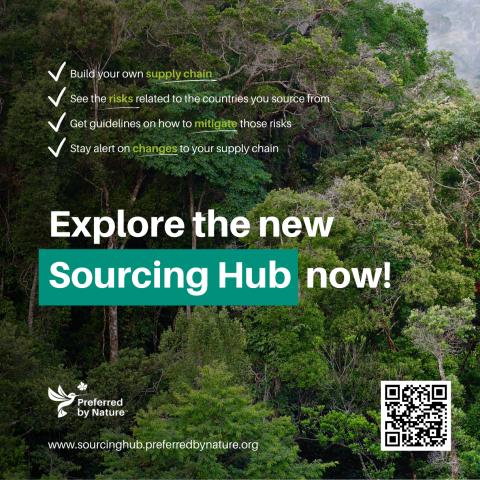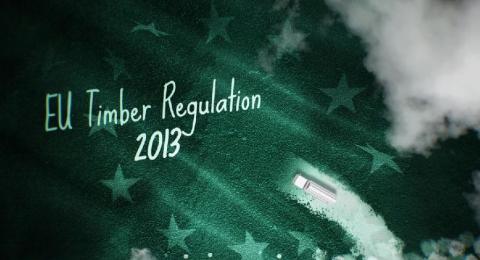460 timber traders across Europe learned how to dodge the risk of importing illegal timber
The EU Timber Regulation (EUTR) set out in 2013 to target companies importing timber and do something about the problem of illegal logging that rapidly destroys the world’s forests. In spite of noble intentions, the EUTR has created a lot of challenges within the European timber trade, because it’s hard to figure out exactly what it is you need to do to stay clear of trouble. A project called “Supporting Legal Timber Trade” run by the non-profit organisation NEPCon and funded by the EU Life programme of the European Union as well as UK Aid, has set out to make the requirements of the EU Timber Regulation a whole lot simpler for all the affected timber-related companies in Europe.
 On a workshop tour in late 2017, NEPCon invited companies in 12 EU countries to join free workshops with experts, local regulators, info and tools in Denmark, Germany, Belgium, the Netherlands, Poland, Spain, Portugal, Hungary, Romania, Estonia, Latvia and Lithuania. For a number of countries, the local regulators of the EUTR (Competent Authorities) provided an exclusive unveiling of exactly what they are looking for when they are performing checks on companies. In some cases, this was the first time the companies had a chance to meet their local regulators, and get an inside understanding on what they are looking for. In particular the in-depth understanding of the requirements and what it means to set up a proper due diligence system, still seems to be the real struggle for companies even though the EUTR has been around for five years. Project Manager of the initiative Supporting Legal Timber Trade Ann Weddle elaborates “One of the most complex parts is the definition of legality, it is incredibly challenging for companies based in Europe to know what legislation exists and is applicable in a completely different country. We have tried to make this easier by defining these legality issues and listing what the risks are, and what to do about them for 60+ countries producing timber, representing 87% of global timber production”.
On a workshop tour in late 2017, NEPCon invited companies in 12 EU countries to join free workshops with experts, local regulators, info and tools in Denmark, Germany, Belgium, the Netherlands, Poland, Spain, Portugal, Hungary, Romania, Estonia, Latvia and Lithuania. For a number of countries, the local regulators of the EUTR (Competent Authorities) provided an exclusive unveiling of exactly what they are looking for when they are performing checks on companies. In some cases, this was the first time the companies had a chance to meet their local regulators, and get an inside understanding on what they are looking for. In particular the in-depth understanding of the requirements and what it means to set up a proper due diligence system, still seems to be the real struggle for companies even though the EUTR has been around for five years. Project Manager of the initiative Supporting Legal Timber Trade Ann Weddle elaborates “One of the most complex parts is the definition of legality, it is incredibly challenging for companies based in Europe to know what legislation exists and is applicable in a completely different country. We have tried to make this easier by defining these legality issues and listing what the risks are, and what to do about them for 60+ countries producing timber, representing 87% of global timber production”.
Why is the EUTR so complicated?
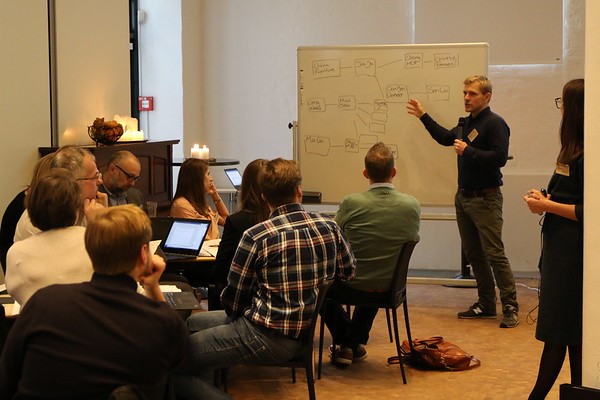 The EUTR says that companies who place timber products on the EU market for the first time are required by law to know the origin of their timber.That’s not an easy task for most companies as timber supply chains often are long and complex. The country where the timber was harvested is not necessarily the country where it was processed. It could be a long and intricate chain with numerous sub-suppliers across several countries.
The EUTR says that companies who place timber products on the EU market for the first time are required by law to know the origin of their timber.That’s not an easy task for most companies as timber supply chains often are long and complex. The country where the timber was harvested is not necessarily the country where it was processed. It could be a long and intricate chain with numerous sub-suppliers across several countries.
When companies finally get this tracking job done, the EUTR also requires that companies ensure that the timber they source is “low risk.” That means they must know what the laws related to timber harvest, trade and transport are in the country of harvest, and make sure that the risk is low that these laws have been broken. What a task! What does low risk even mean? And how do you prove low risk by looking at hundreds of supply chain documents like tenure rights, employee letters, harvest permits, etc. in a different language? Sounds like a jungle.
The EUTR just got a whole lot simpler
 In response, NEPCon has worked for three years to make risk data available from 60+ countries that produce timber. The results are made public in so-called National Risk Assessments. These are detailed reports that list all the identified risks in a country in relation to the EUTR, and exactly how you should deal with them. Everything is freely available on the NEPCon Sourcing Hub. No pay walls. No registration requirements. Just a big collection of detailed know-how that should be all companies need to establish a proper due diligence system.
In response, NEPCon has worked for three years to make risk data available from 60+ countries that produce timber. The results are made public in so-called National Risk Assessments. These are detailed reports that list all the identified risks in a country in relation to the EUTR, and exactly how you should deal with them. Everything is freely available on the NEPCon Sourcing Hub. No pay walls. No registration requirements. Just a big collection of detailed know-how that should be all companies need to establish a proper due diligence system.
On NEPCon’s EUTR workshop tour companies got a chance to dive into the Sourcing Hub, the matter of illegal logging and the EUTR in the company of local regulators of the EUTR, NGOs and more.
460 timber traders attended the workshops in Denmark, Germany, Belgium, the Netherlands, Poland, Spain, Portugal, Hungary, Romania, Estonia, Latvia and Lithuania. 90% felt they got a better understanding of the EUTR requirements and 86% felt they would use the NEPCon Sourcing Hub again.
Sourcing Legal Timber 2.0
 Companies reported that they especially valued learning about how “documents are not enough”, “the definition of an operator”, how “system and procedures are important” and the fact that it’s “necessary to document and justify the risk assessment”. Some even reported that they valued insight into the mere “existence of the EUTR”, which confirms that there still are companies in the EU, who are unaware of the EUTR, let alone it’s requirements.
Companies reported that they especially valued learning about how “documents are not enough”, “the definition of an operator”, how “system and procedures are important” and the fact that it’s “necessary to document and justify the risk assessment”. Some even reported that they valued insight into the mere “existence of the EUTR”, which confirms that there still are companies in the EU, who are unaware of the EUTR, let alone it’s requirements.
If you missed out on the free EUTR workshops in September, October and November there’s still a chance left. On 15 March near London, NEPCon will organise a big conference called Sourcing Legal Timber 2.0 that brings together trade, organisations and technical experts from across Europe to discuss what’s been done, and what’s next for sourcing legal timer. You can sign up here. This one is also free and it’s possible to attend online if you can’t join in person!
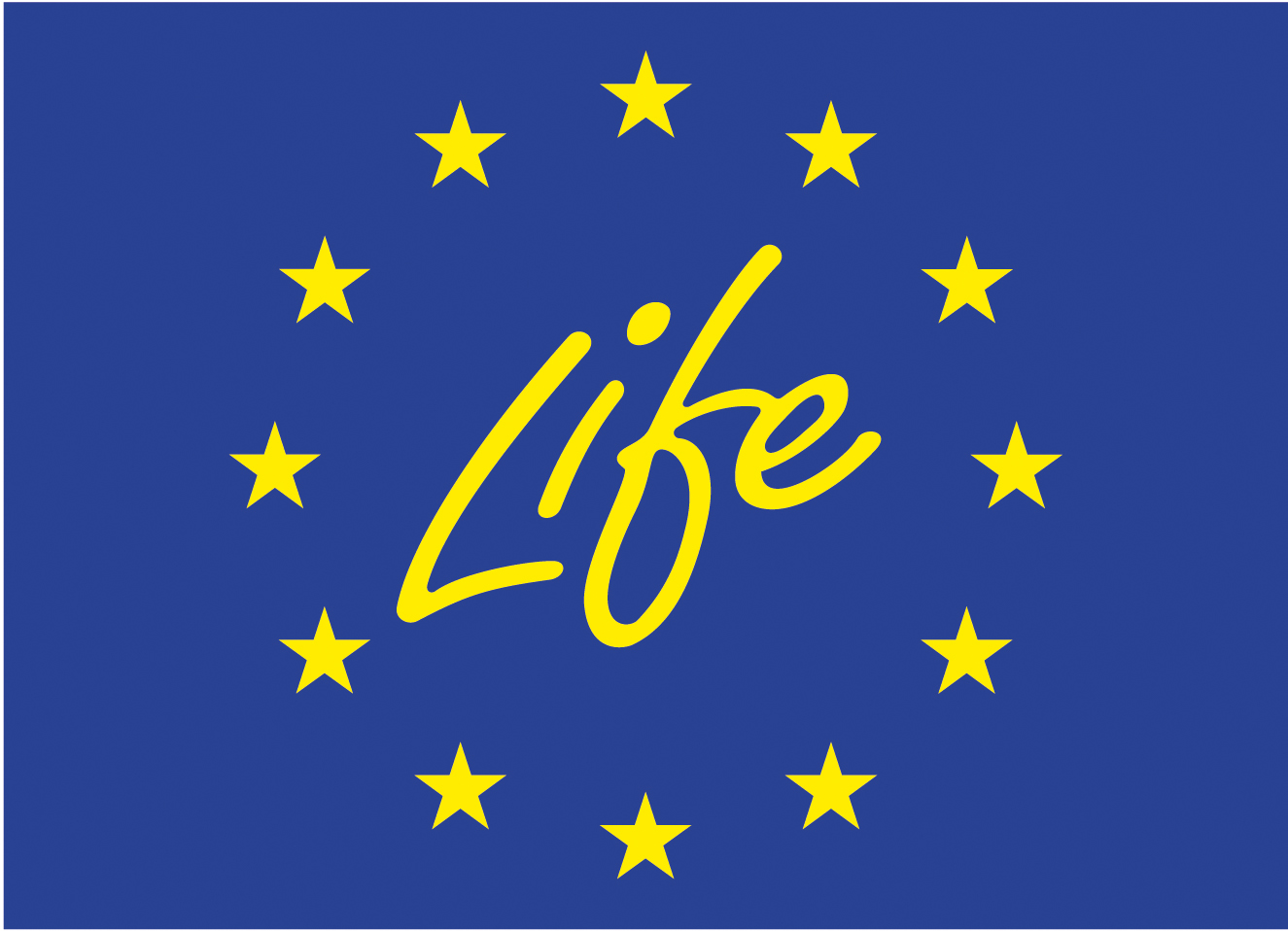
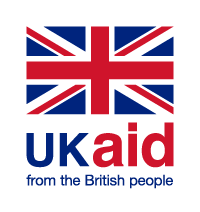
Developed by NEPCon under the project “Supporting Legal Timber Trade” funded by the LIFE programme of the European Union and UK Aid from the UK government.


